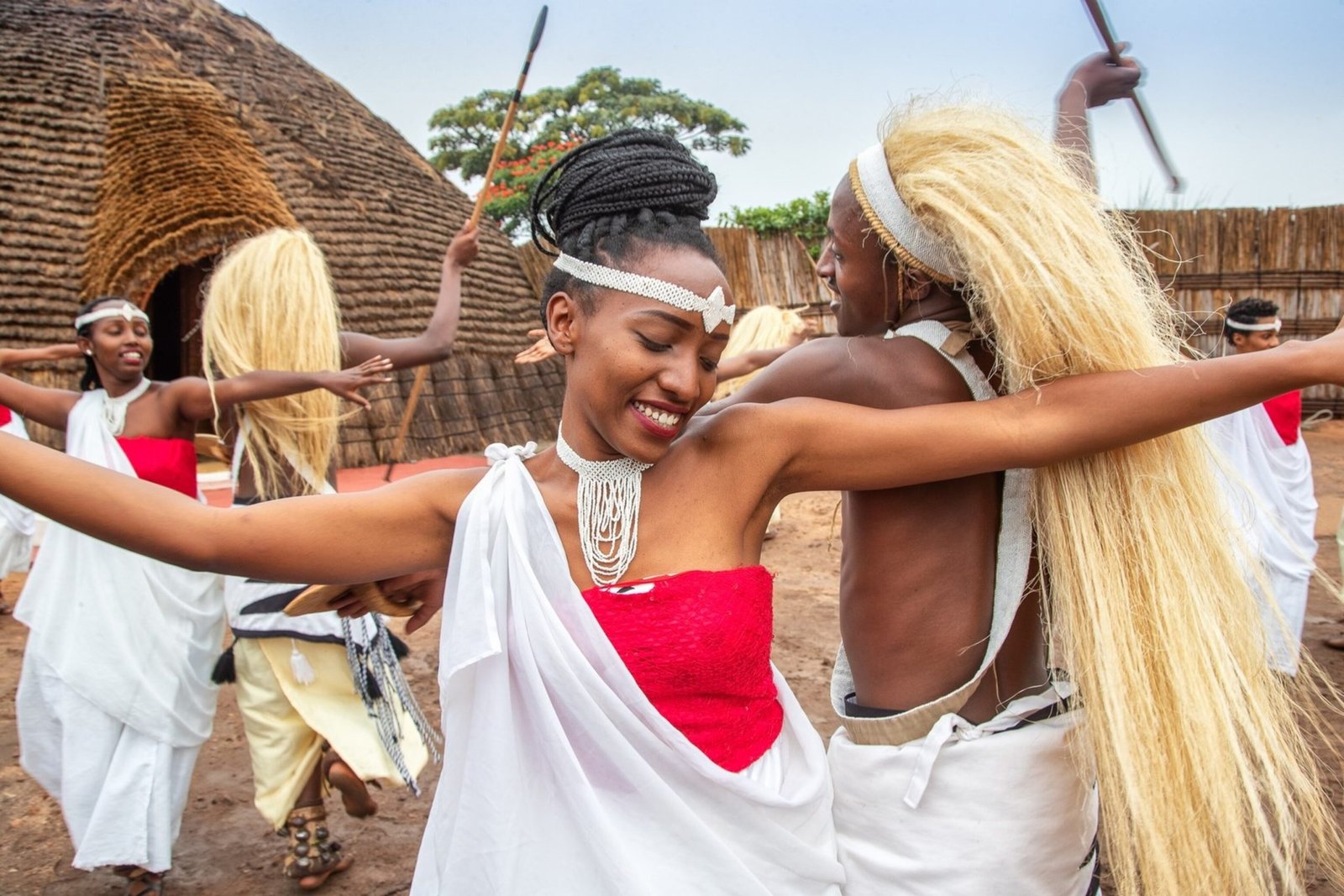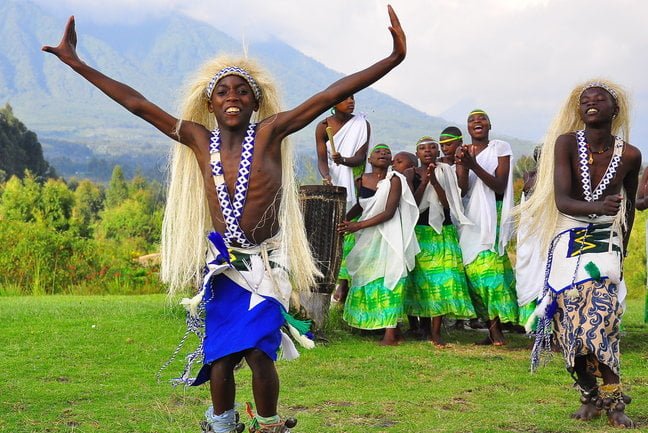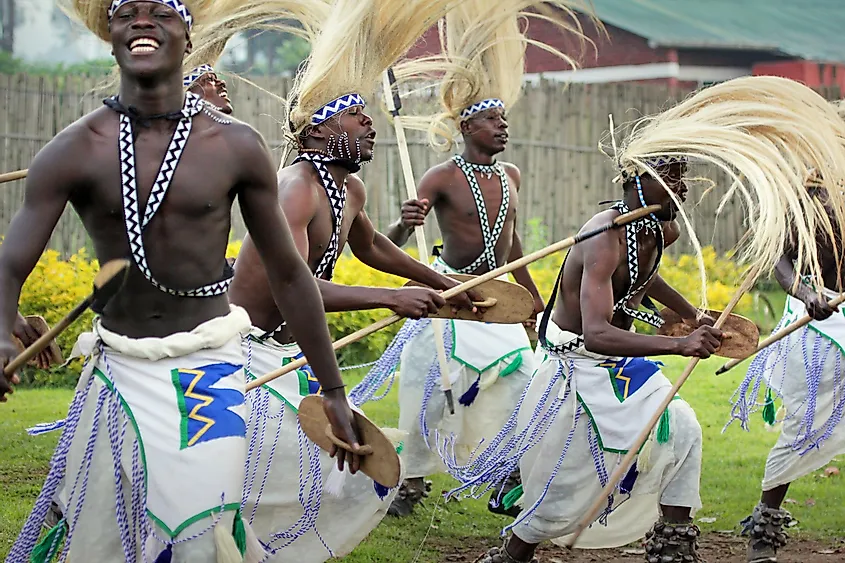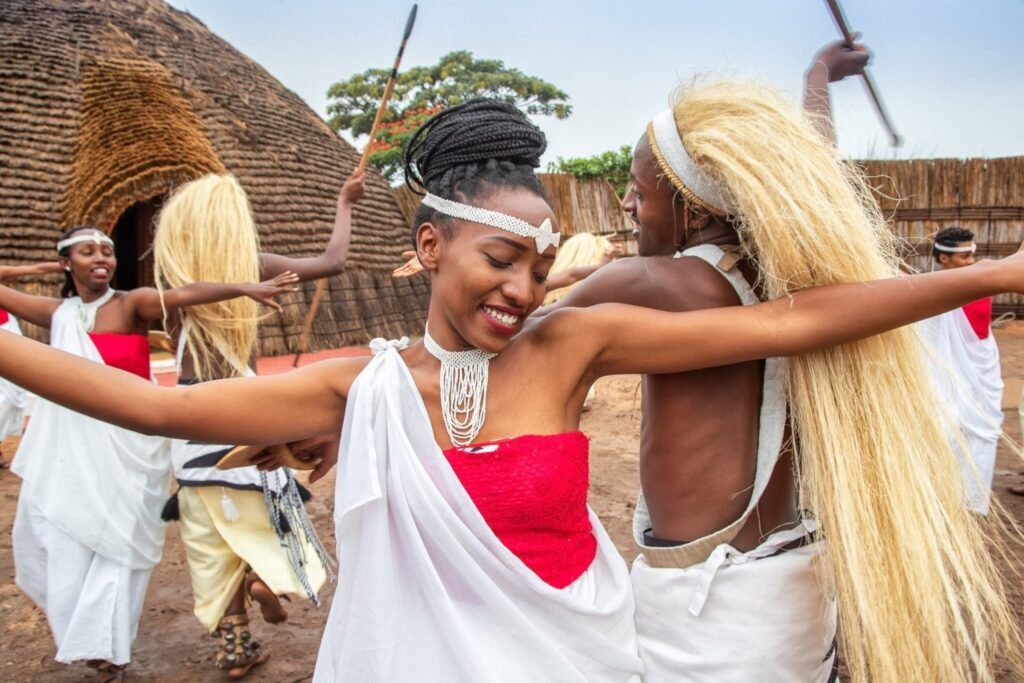People & Culture
The Tutsi Culture of Rwanda and Burundi
Published
3 years agoon
By
M N Ridwan
The Tutsi culture of Rwanda and Burundi is a unique and fascinating aspect of East African heritage.
The Tutsi people are an ethnic group that primarily reside in the Great Lakes region of East Africa and are known for their distinctive customs, traditions, and beliefs.
The Tutsi culture has been shaped by the long history of the Tutsi people, who have lived in the area for centuries and have been influenced by a variety of cultural and historical factors.
One of the most notable aspects of Tutsi culture is their intricate social hierarchy. The Tutsi people have traditionally lived in a highly stratified society, with the ruling Tutsi aristocracy at the top and the commoners, or Hutu, at the bottom.

This social structure was based on the belief that the Tutsi were a superior race, with their tall stature and aristocratic features being seen as physical evidence of their superiority.
Another important aspect of Tutsi culture is their strong tradition of oral storytelling. The Tutsi people have a rich history of oral traditions, including legends, myths, and tales that have been passed down from generation to generation.
These stories often feature powerful and magical figures, such as the King of the Tutsi, and are used to teach important lessons and values to the community.
The Tutsi people also have a strong spiritual tradition, which is rooted in their belief in a supreme being who governs the universe. This belief in a higher power has been an important aspect of Tutsi culture for centuries and continues to play a central role in Tutsi religious practices today.
Another important aspect of Tutsi culture is the role of women in society. Tutsi women have traditionally been highly valued and respected, and have played important roles in the community.

Women were responsible for maintaining the household and caring for the family, but also had significant political and social power. Tutsi women were also known for their intricate and beautiful traditional clothing, which was often adorned with intricate beadwork and intricate patterns.
Despite the rich cultural heritage of the Tutsi people, their history has also been marked by conflict and violence. The relationship between the Tutsi and Hutu has been strained for centuries, and has often been marked by violence and conflict.
This conflict reached a boiling point in the 1990s, when a brutal civil war erupted in Rwanda that resulted in the deaths of hundreds of thousands of Tutsi and Hutu.
The Tutsi culture of Rwanda and Burundi has also been influenced by colonialism and the introduction of Christianity. During the colonial period, the Tutsi people were often favored by the colonial powers and were given preferential treatment over the Hutu.

This favoritism fueled the already strained relationship between the two groups and contributed to the conflict that continues to this day.
Despite these challenges, the Tutsi culture continues to thrive in Rwanda and Burundi. The Tutsi people have a strong sense of pride in their heritage and continue to celebrate their traditions and customs, such as traditional dance and music, oral storytelling, and spiritual practices.
Today, the Tutsi people are working to rebuild their communities and to preserve their rich cultural heritage, despite the ongoing conflict and violence in the region.

In conclusion, the Tutsi culture of Rwanda and Burundi is a rich and diverse aspect of East African heritage that is shaped by a long history of conflict, social hierarchy, oral storytelling, spiritual practices, and women’s roles in society.
Despite the challenges that the Tutsi people have faced, their culture continues to thrive, and the Tutsi people are working to preserve their heritage for future generations.





